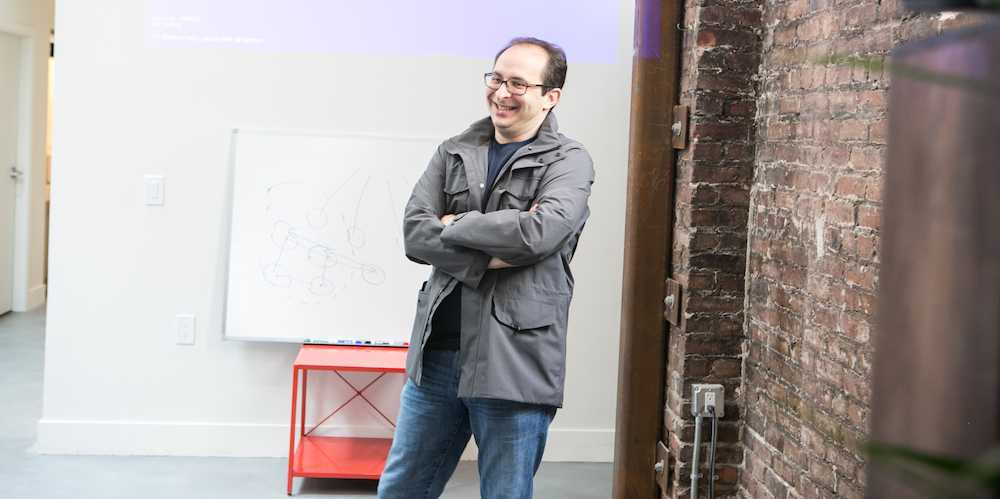2017 MERAC Prize to Kevin Schawinski
Astronomy
The 2017 MERAC Prize of the European Astronomical Society for the Best Early Career Researcher in Observational Astrophysics goes to ETH astrophysicist Kevin Schawinski.

Kevin Schwinski receives the award "for groundbreaking work on the galaxy–black-hole connection and innovative use of citizen science in astrophysics".
Schawinski has been an Assistant Professor in the ETH Physics Department since 2012. Before joining the ETH faculty, he undertook research at Oxford University (2004–2008) and Yale University (2008–2012).
He has made major advances in the observational understanding of the feedback exerted on a galaxy by outflows from an active, super-massive back hole at its centre. He also used stellar evolution to build phenomenological models of galaxy evolution. Using stars as 'cosmic clocks', he constrained the phases in the evolution of galaxies during which their central black holes become active as quasars. He showed that while many disk galaxies — like our Milky Way — cease their star-formation activity very slowly over billions of years, some galaxies whose morphology was transformed by a major galaxy merger to an elliptical shape shut down their star formation very quickly. The most plausible cause for this sudden end of star formation is that a very brief active phase by the black hole destroys the gas reservoir used as fuel for star formation.
Schawinski is also strongly engaged in citizen science, recruiting large numbers of people from the general public to engage with science. As a co-founder of the Galaxy Zoo project he involved several hundred thousand citizen scientists to classify nearly a million galaxies from the Sloan Digital Sky Survey. The discovery of the famous “Hanny’s Voorwerp” by a Dutch school teacher taking part in Galaxy Zoo became a prototypical system for quasar ionisation echoes tracing the past energetic output of central black holes. Schawinski showed that such echoes limit the duration of a typical quasar phase to only a few hundred thousand years.
His current research deals with the question of how astrophysicists can use artificial intelligence for analyzing the vast amounts of data collected by telescopes. In the framework of the external page space.ml project, citizen scientists will become trainers of the machines to join forces to do research.
Fondation MERAC
The Fondation MERAC (Mobilising European Research in Astrophysics and Cosmology) is a non-profit foundation with headquarters in Switzerland, and sponsors since 2013 every year three MERAC Prizes of 20,000 Euros, for the three categories theoretical astrophysics, observational astrophysics and new technologies. The prizes alternate by year for best early-career researchers and for best doctoral thesis.